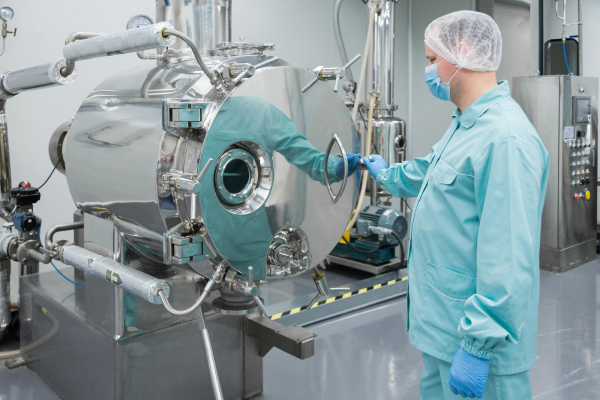
 July 19, 2024
July 19, 2024
In today's industrial landscape, optimizing energy consumption and improving operational efficiency are key objectives for any organization. Multi-stage centrifugal compressors, often used in sectors like chemical processing, oil and gas, and refining, play a crucial role in compressing gases to high pressures. However, they also represent significant energy consumption. Efficient operation of these compressors is critical to reducing costs, improving sustainability, and enhancing the reliability of the overall system.
This case study explores how EPCON CHEMPRO, a powerful process simulation tool, helped a multinational company optimize its 7-stage centrifugal compressor train, leading to dramatic improvements in energy efficiency, operational costs, and long-term sustainability.
The company's 7-stage centrifugal compressor train was vital for compressing gases in its industrial processes. However, the system was facing several challenges:
The goal was to optimize energy usage, improve operational efficiency, and reduce costs while maintaining system reliability and sustainability.
EPCON CHEMPRO provided a comprehensive solution by simulating the entire compressor train and offering detailed insights into various aspects of its operation. This advanced tool allowed engineers to identify inefficiencies, test different configurations, and implement optimization strategies.
EPCON CHEMPRO enabled the company to simulate the entire compressor system, including each of the 7 stages. The simulation provided insights into:
EPCON CHEMPRO’s optimization capabilities helped the company focus on improving energy efficiency and sustainability:
Cooling is a critical aspect of compressor performance, and EPCON CHEMPRO played a key role in ensuring the system’s thermal management was optimized:
One of the key benefits of EPCON CHEMPRO is its ability to predict and prevent issues before they arise:
By implementing the optimization strategies provided by EPCON CHEMPRO, the multinational corporation achieved impressive results:
The simulation-driven adjustments led to energy savings of up to 15%. With better pressure distribution and optimized flow control, the compressor system became far more energy-efficient, resulting in a direct reduction in energy costs. These energy savings not only reduced the operational expenses but also contributed to the company's environmental sustainability efforts by cutting down on CO2 emissions.
The 7-stage compressor system operated at peak efficiency, with optimized pressure ratios and flow rates improving system performance. The compressor was able to handle varying load conditions smoothly, preventing issues like surge and minimizing energy consumption.
With EPCON CHEMPRO's cooling optimization, the company saw a reduction in energy spent on cooling, contributing to overall cost savings. Additionally, the enhanced reliability of the system, thanks to optimized performance, led to fewer maintenance shutdowns and reduced the likelihood of unexpected equipment failure.
The energy savings and operational efficiencies helped the company meet its sustainability goals. The reduction in power consumption not only cut costs but also minimized the carbon footprint, aligning with the company’s commitment to environmentally responsible operations.
This case study highlights the powerful role that EPCON CHEMPRO played in optimizing the 7-stage centrifugal compressor train, resulting in energy savings, reduced operational costs, and improved system reliability. By simulating the compressor system, EPCON CHEMPRO helped engineers identify inefficiencies and optimize key parameters such as pressure ratios, flow control, and cooling, leading to a more efficient and sustainable operation. In an industry increasingly focused on sustainability and cost reduction, EPCON CHEMPRO stands out as a valuable tool for optimizing compressor systems, improving performance, and contributing to a greener future.
Contact us today to find out how EPCON CHEMPRO can help you achieve a more efficient, sustainable, and cost-effective operation for your business!